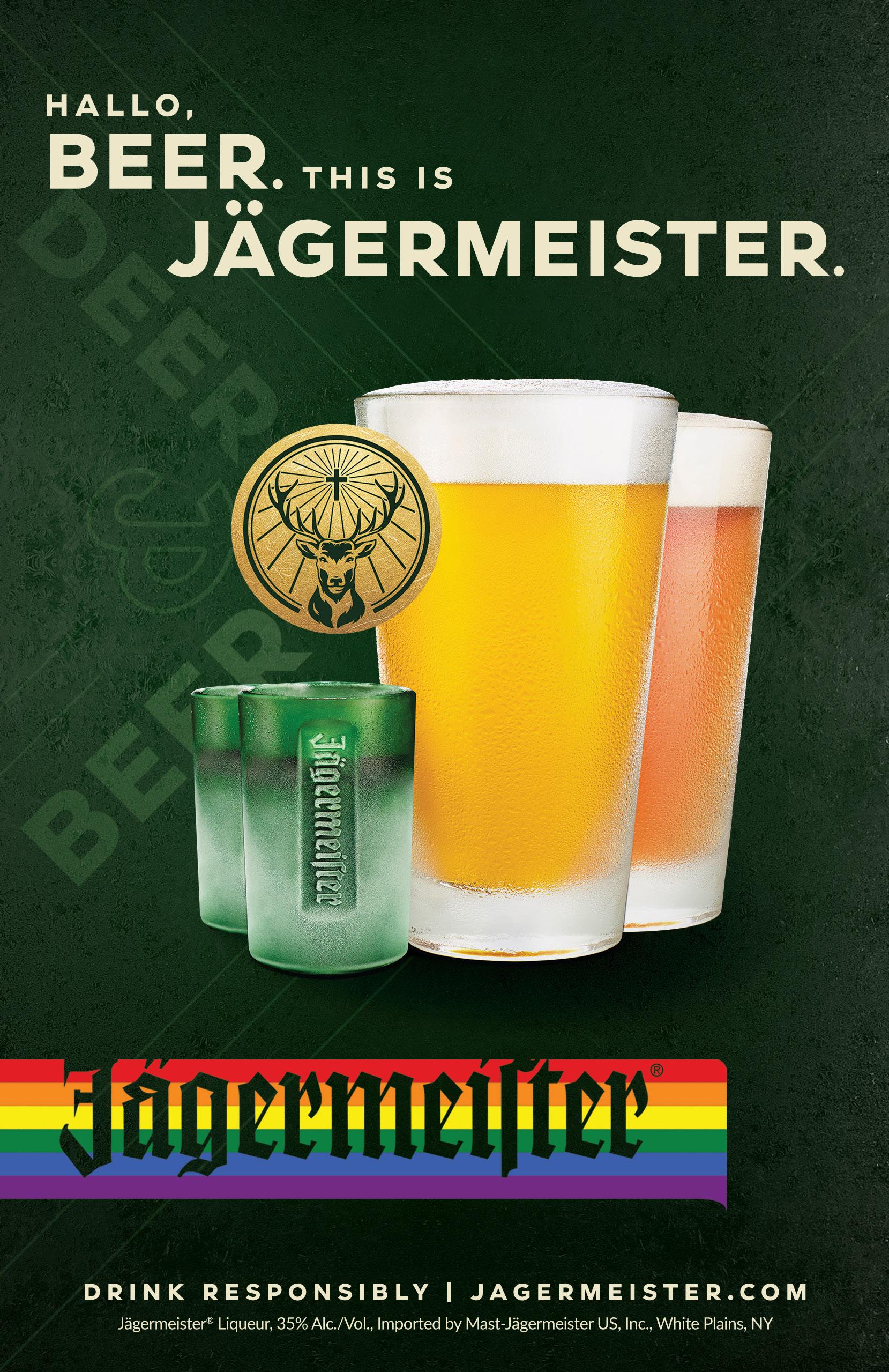






There are far worse things happening in the world, clearly, but political-parody sensation Randy Rainbow does have a bone to pick with some folks. And this time, it’s not with Marjorie Taylor Greene. Not even with Donald Trump.
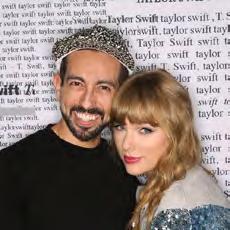
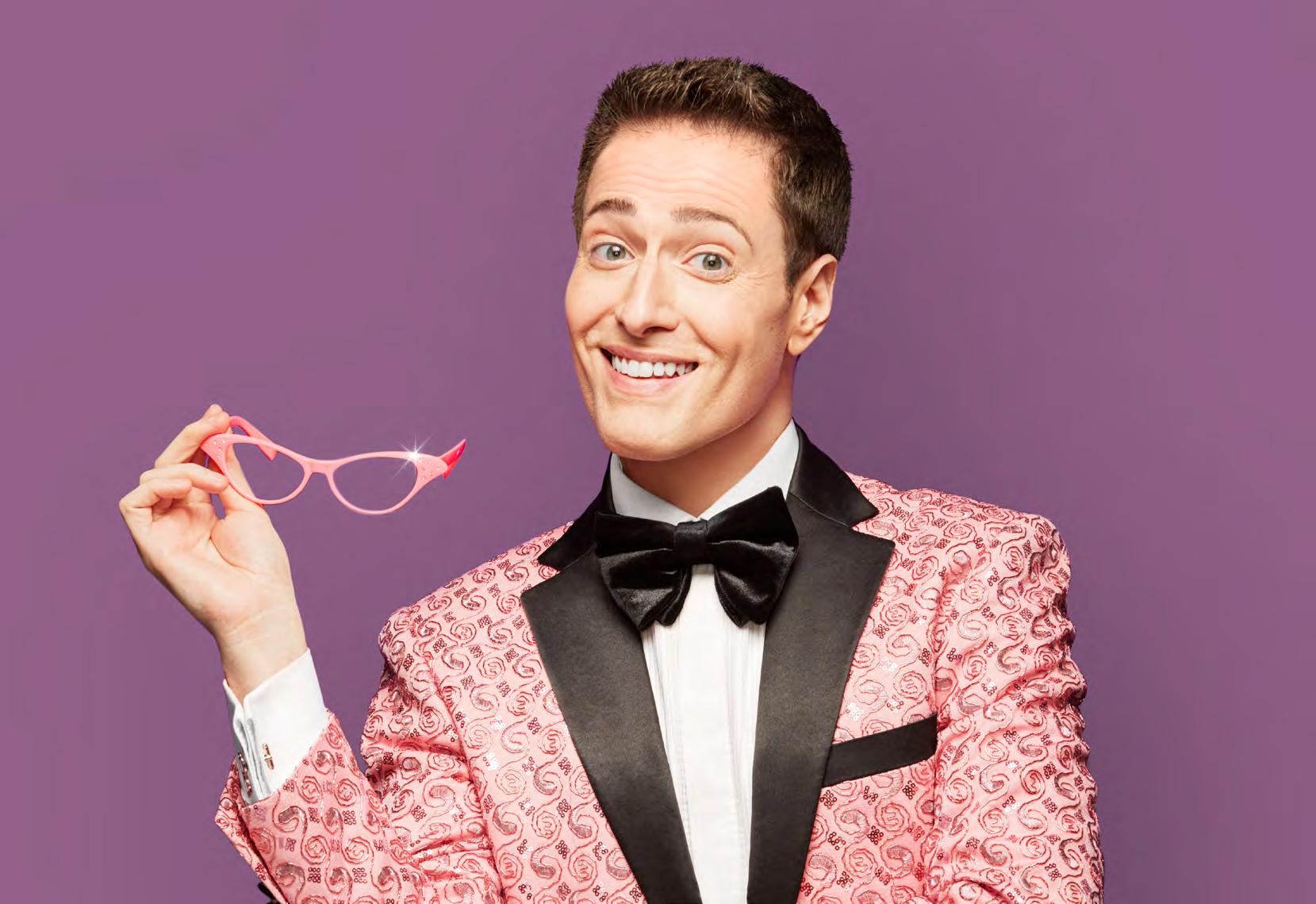
“I’m throwing my team the hell under the bus,” he joked on camera, after jumping on Zoom last minute when he was reminded of our
interview, which was “on everyone’s calendar but mine.”
“I was getting ready to take a bubble bath,” he said, “but I’m happy to be with you.”
At the time of our interview in April, Rainbow was making his press rounds to chat about his debut memoir, “Playing with Myself.” The humanizing book recounts his life growing up as an imaginative and misunderstood boy, before he became known for his playful digs at right-wing figures,
By: Chris Azzopardireworking famous Broadway songs to poke at the sheer insanity of those making really terrible political decisions. We meet Nanny, his adoring late grandmother; we go back to the video that launched his viral career, when he pretendcalled Mel Gibson; we learn about his comedy-meetsBroadway origins and how it became a full-blown career, earning him three Emmy nominations and famous fans
Political satirist talks about life beyond his spoofs and what it’s like to offer levity during intense times
Rainbow Rising

such as Patti LuPone and even, yes, Carol Burnett.
I was talking to a friend about interviewing you and he said, “Will he sing?” Why would I just sing? See, this is the fake news on me. Everyone thinks I’m a lunatic who bursts into song. Why would you just sing? Perhaps because you’ve built a career on it, I don’t know. True. If we were out having a couple of drinks, I probably would be singing constantly and you would tell me to shut up. But not always.
In addition to LGBTQ+ fans, you’ve got a lot of mom fans. They hit on me. It’s inappropriate.
They haven’t learned consent, apparently.
Mothers don’t know consent. I take it as a compliment. I see it as a Barry Manilow/Liberace kind of thing.

So the book: You are extremely vulnerable in it, and I just want to tell you that I appreciate you sharing intimate parts of your life with us. I have a real appreciation for the fact that you went to some complex and complicated places. With your family, especially. I’m glad I got on the Zoom today, because that’s really nice to hear and I appreciate that. I did go to some vulnerable places. I was certainly more raw than I’ve ever been before
publicly.
Was there a moment where you decided that, “If I’m going to write a book, I need to tell that part of the story to tell my full story”? And if so, when was that moment in the process for you?
From the beginning, I had every intention of being as vulnerable and as real as I could muster. People have been so generous with their praises — mothers across the country. And everyone who has written to me over the years, especially the last five years, and has come to my show and my meet-and-greets, they’re so generous with their praise and… gratitude is the word.
They thank me for getting
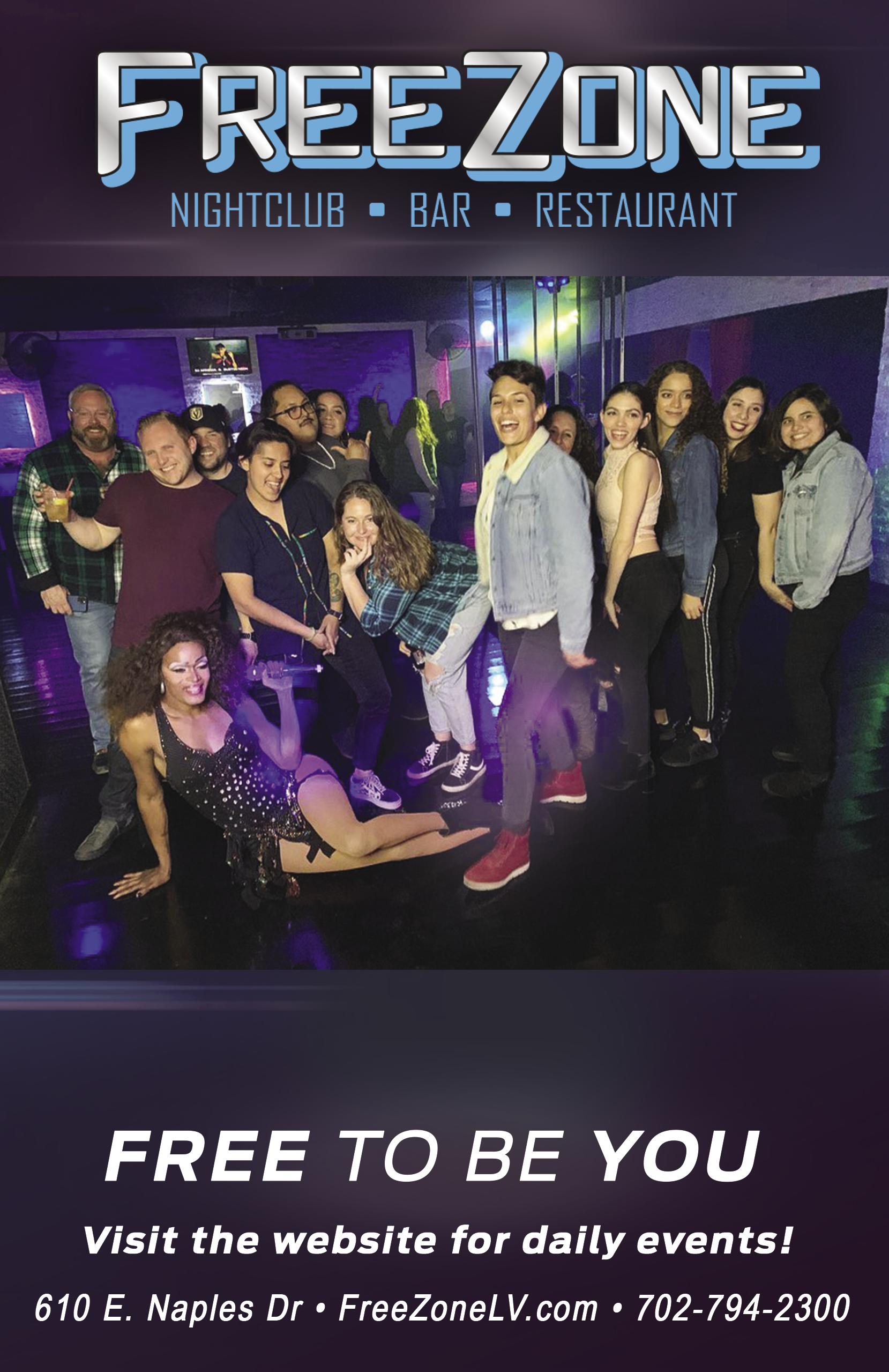

them through. Getting them through Trump, getting them through the pandemic, getting them through their own personal struggles, and they offer their emotional selves up to me, and in a way that’s so real. And I realized that’s so nice, but it’s not really a twoway street at this moment, because these people only know the two-dimensional persona that they’ve come to know, which is certainly a part of me.
But they don’t really know that I am a complicated person who has my own insecurities, and flaws, and heartbreaks, and has faced my own
adversities in life. So I wanted to really seize the moment and, as a gift to those followers who have been with me for years and to myself, to really come out and put it out there on the table.
I meet so many mothers. So many of them come to my live shows, and a lot of them bring their little kids who sometimes dress up like me and they look like Liza Minnelli, and they’ve got the bows and the pink glasses. And they say a variety of things, one of which is lovely: “Thank you for being a role model to my child as
someone who is unabashedly being himself.”
And then sometimes at the meet-and-greets they ask: “My son is behaving this way and I want to support him or her or them. What is your advice?” I’m not an expert on the subject, but I do know that I had a mother who, in my opinion, did the perfect thing, which was create a safe environment for me to be whatever it is I was wanting to be. She didn’t push [me] one way or the other, she didn’t make it her own thing. She just simply provided a safe space, and to me, that’s the best advice I can offer any mother with a little boy or girl

like I was. I hope that some of those mothers will read this and get something valuable from it.
This is your first book. So what was it like? Did you get up in the middle of the night with a thought and write a whole chapter at 3 a.m.? And how did it compare to writing your musical parodies?
Yes to all that. I don’t have to tell you: As a writer, you walk around with these things just popping into your head. So yes, there was a lot of jumping up at 2 or 3 o’clock in the morning and taking lots of notes. I found the experience to be a lot of things. It was much more emotional than I thought it would be; I was crying a lot through the good and bad.
These are the memories that have been lighting the corners of my minds, to quote Barbra, for many years, but I never had an opportunity to really flush them out and put them down on paper. So it was very cathartic, very emotional, fun, I loved it, and different in that it was the first time I had done any sort of real autobiographical writing. So that was a pleasure. Again, one of the most satisfying things about this is that I can say if you love me... because some people love me, some people hate me, and my first thought when someone says anything positive or negative on social media or anywhere else is it’s interesting because you don’t know me yet. You actually don’t know me. So here’s a little bit of the
real me, and then decide. Now you can really hate me. Or love me. Choose. But if you’re judging, again, that twodimensional, scripted, campy persona, then you don’t know the full story yet.
And there’s an entire chapter for those who are still hating you because of tweets you sent in 2010 and 2011 that were deemed racist and homophobic, which you apologized for.
There’s plenty of sunshine and Santa Claus in this book, meaning I talk a lot about the happy things and the joy and excitement and fun and positive, but that was something that was not so fun or positive that I went through. And I wanted to talk about it because it’s a topic that I’m interested in. I’m interested in that conversation, and I now have a personal perspective that I didn’t have before. So I wanted to add that to the public conversation. It’s not a 15-page mea culpa, it’s not a whole apology, because I’ve apologized for what I’ve wanted to apologize for. It was humbling, I learned a lot, but as I say in the end, I can’t wrap it up neatly. It’s a very nuanced discussion, especially coming from someone who is a comedian and doesn’t like putting restrictions on art.
Given what happened the night that Will Smith attacked Chris Rock on stage at the Oscars after Chris’s joke, does it make you concerned at all for the state of comedy? It was
Kathy Griffin who recently expressed concerns about others following in Will’s footsteps when a joke is made that someone doesn’t like. That is a concern of mine, but I don’t know if it started that night. I think that we’re in a very weird place, and people are angry and taking their aggressions out in places that it really doesn’t belong. We’re in such a horrible place in the world and there’s war going on and pandemics, and it’s just a really heavy time. And I felt bad for a country who tuned in to get a little levity and escape for a couple of hours, and had to see this hero, this person that they idolize… I certainly am a Will Smith fan. They had to see him attack another idol and another hero of ours. That was just so sad to me. It was just sad that we couldn’t get that little escape that we just wanted so badly.
You said that you were concerned before this even happened about performing your own political comedy. People ask me all the time, “Are you concerned about that?” I am satirical and I spoof. My satire certainly leans in one direction. But it’s something I try not to really overthink because what can you do?
I wonder if it’s easier for people to digest your comedy since it’s filtered through an almost cartoonish lens.
I think I hope so. It’s my opinion that I’m tackling these topics in the most innocuous way possible with show tunes.
So it interests me when people get really ticked off by any of my work. I have to question their intentions because it’s like, “Are you really that incensed about a song from ‘The Music Man’?” People are really interested in being angry these days.
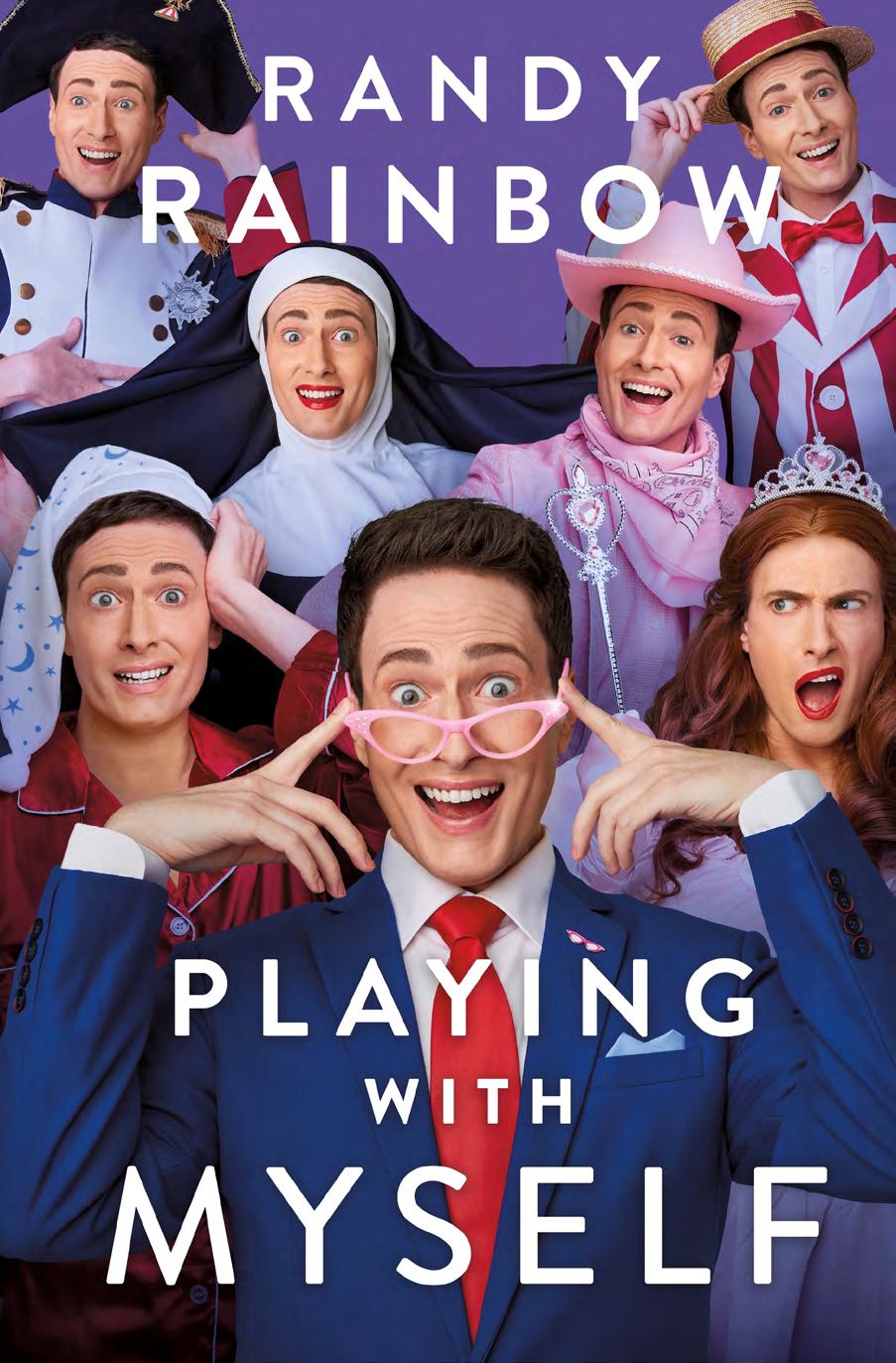
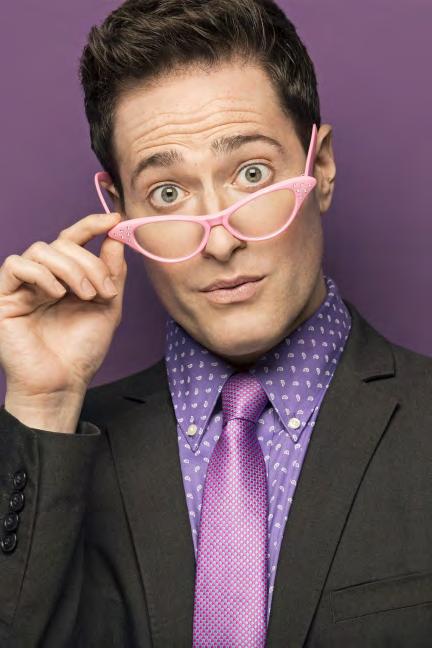
Going back to the book, what was the most emotional topic for you to write about? Certainly anything to do with my grandmother, my Nanny, was very emotional.
She’s in the book a lot. It’s not only a beautiful tribute to her, but to unconditional love and what that can mean to somebody.
You have to write the foreword for the paperback edition. You’re saying such nice things and things that I hoped came through, and that’s so nice.
And she does pop up in the book, these cosmic entrances that she makes. Things that I hadn’t even thought about until I was writing about emotional things. When I talk about my cat dying at the beginning of the pandemic, Nanny made her presence known, I believe, in moments like those too. That cat chapter — I feel there should be a disclaimer to the pet people in my audience. I have been hearing from a lot of the readers who are cat or pet people who say that it’s
brutal and hard to get through, which I like. That means to me that I did it right. Because it was a brutal experience because we locked down, and then my cat, the only other soul that I was sharing this experience with, got sick two days later. So that was hard. But the happy ending is I got a new cat and she’s sitting right here judging me like a bitch.
Leslie Jordan and Cheyenne Jackson, co-stars in the Fox multicam sitcom “Call Me Kat,” are in separate locations on Zoom, tenderly admiring each other. As an openly gay actor, Jackson (“30 Rock” and “All Shook Up,” his first lead role on Broadway) affectionately acknowledges that Jordan, who’s also openly gay, has been a mentor to him ever since he saw him as Beverley Leslie on “Will & Grace.” Jordan, who admits he doesn’t know how to respond to younger generations who praise him for paving the way for them, recognizes Jackson for being precisely the kind of actor Jordan is not. Since January 2021, the “Call Me Kat” actors have come together weekly to make viewers laugh through a seriously unfunny and fraught time. The sitcom, which also features Mayim Bialik, as Kat, and Swoosie Kurtz, as Kat’s mom Sheila, is now in its second season after premiering during the pandemic. As Phil, Jordan plays the gay head baker at Kat’s cat café, while Jackson portrays bartender Max, Kat’s former college boyfriend. Recently, Jackson, 46, and
Jordan, 66, got on Zoom to chat about shooting a sitcom during Covid, the potential for Jordan to get his first onscreen kiss, and why, during one episode, he moves so effortlessly in heels.



How much joy and levity has doing this show brought you during one of the most challenging times we’ll ever experience?
Cheyenne Jackson: It’s brought a significant amount of joy and stability and escapism. I think that’s really what we are all craving right now, because the world feels off of its hinges.
To be able to go to work every day with five other people whom you adore and love and are inspired by, but also just
By: Chris Azzopardito get to do something that is just unabashedly joyful and happy… I mean, what other show at the end of it has a curtain call? An old-timey curtain call!
It’s really just been such a gift. I know people overuse that phrase, but it truly has [been], being able to be home with my kids, go to work and then be home every day in time for dinner. I’ve only missed, maybe, two bedtimes this whole run. And when we have a week off, I definitely start to miss everybody and can’t wait to get back.
What about you, Leslie?
What has the show meant to you, especially as a source of connection during a time

when it’s been so hard to connect with people?
Leslie Jordan: We had an amazing beginning because we were going to shoot the pilot and then the pandemic hit. We got to meet each other over Zoom. I don’t think any of us really knew each other. I had worked with Cheyenne a couple times, but none of us were friendly-friendly. And all of a sudden during the pandemic, with the Zooms and getting things ready, they said, “The minute this is over, we’re going back.” When people didn’t even know if they were going to get jobs back, we knew what was ahead, we knew what was coming, and we just kind of bonded. And so by the time we got all of us together, we were just giddy. We just loved each other so much. And it’s been hard because this show should be in front of an audience. It’s multicam, and it should be shot in front of an audience. And we’re aiming toward that, eventually. But we haven’t been able to have an audience. So we are doing comedy with very little laughter. We’ve had a director lately that screams at everybody and says, “Laugh!” Like those old camera men, they’ve heard it 20 times! You’re not going to get a giggle out of any of them. So we just have to know that what we’re saying is funny and that’s that. It’s been trying, but we have so much ahead of us, and I think this is a show that has some legs.
I read this article that what Fox was looking for with their
pilot season was different kinds of shows [they] can pair with “Call Me Kat.” So it seems to me like they’re going to build nights around us. And I just want it to go for a while. I’m at an age. I’m 66. I was thinking if it went as long as “Big Bang Theory,” I’d be like almost 80 [laughs] when it’s over. I’ll be ready to retire. I’d be so rich.
I have appreciation for the show’s queer inclusivity, and I’m getting a real kick out of seeing Cheyenne playing one of the straightest men I’ve ever seen.
Jordan: He’ll walk over to me, and then he’ll go, “Listen, girl,” after he’s just been the butchest. [Laughs.]
What’s it like being a part of a show that touches on some really important LGBTQspecific topics?
Jordan: You know, I feel so protected, I don’t know what it is. I just feel like I’m [in] this cocoon because, you know, writers come, they go, this one in and out. But right now we’ve got some writers that came from “Will & Grace” and wrote my Emmy episode [Jordan won in 2006 for Outstanding Guest Actor in a Comedy Series]. So everything they write, I adore.
Listen, I’ve done some stinkers over the years. But every week the scripts just get better and better and better. And we’re like, “Wow, they’re touching on all kinds of topics.” They were whispering the other day that they want to give me an onscreen kiss. I said, “Oh
lord.” [Laughs.] That’ll be a first!
Who do you want to play that role, Leslie, is the question?
Jordan: Well, we approached Rob Gronkowski, that football player. I’m making that up. We did not approach him. [Laughs.] I think he would be good, though; they should ask him. I’ve got such a crush on him. I don’t even watch football, but I’m glued to that TV.
I have an appreciation for one of the episodes this season that touches on LGBTQ+ aging. Leslie, how did that bit about the unique experience of aging for LGBTQ+ people make it onto the show? Was that your doing?
Jordan: People think that as actors we have a lot of say, and maybe other actors do, but I don’t particularly… I’m the kind of actor that I think writers love because I show up and just say their words [laughs]. And I learned a long time ago that stage is an actor’s medium. Film is a director’s medium. TV is really a writer’s medium. That’s where you have wonderful, wonderful writers. And I know the process, that they sit around that table… “Will & Grace,” at one point, had 25 writers. Can you imagine? Twentyfive people sitting around the table, going over [a script] line by line by line. And then you show up, and the actors take off and then speak the words. I’m very reverent. You do your job. I’ll show up and bring it to life. Just give me the words. So

no, I had nothing to do with that at all. They came up with it. I just loved it.
Jackson: First of all, I’ve never heard it put that way, the medium; that’s really, really cool. I love to think of it that way, and I am of like mind with Leslie that my job is to be a conduit. I go in there, and I take what they give me and portray it. But so much of what they’re writing now, especially our new additions that Leslie was talking about, I do believe they’re taking from our own lives and who we are in the world. So when they give Leslie a monologue like he did in the car about [aging] as Max, I feel like crying as Cheyenne because Leslie’s so brilliant, and Swoosie is so brilliant. The two of them together, I just love their dynamic. Sometimes

a paragraph or a scene or just a set of lines will just hit you in the guts, and that was definitely one where I thought it was a home run. And, yeah, I have to definitely remember, “OK, I’m Max right now.” [Laughs.]
Cheyenne, how do you get through a take without laughing when Leslie is in a scene with you, particularly that episode where he learns to ride a bike?
Jackson: [Laughs.] Oh my god, oh my god. OK, so usually we have a lot of material to do, and I’m from the theater, and I love to prepare, and I love to be super solid on my lines. So when I get down there, if there’s going to be a bike or Leslie doing his thing, I don’t break. But with that particular episode — Anthony Rich directed, and it was really fast,
and we have tons of rapid fire, and Leslie with the pratfall — it’s hard. To keep us on track is tough.
Did you two first meet on the set of “American Horror Story”?
Jackson: We were trying to figure this out the other day. I think it must have been.
Jordan: I think it was the day that we were shooting in a big theater and they had Trixie Mattel. She was on “American Horror Story” very briefly. You had the actor, and then you had the actor playing the actor, and then it went all… I couldn’t keep up with it. But that I think is where we met.
Jackson: But I’ve known who Leslie was forever and was a huge fan of “Will & Grace,” and I can quote all of his stuff, and I constantly do to him. It’s

one of the joys of this.
Jordan: I just wish he’d butch it up a little bit sometimes when he’s doing it. [Laughs.]
Jackson: One of the biggest joys of this has been to get to know Leslie on a true friend basis, because the queer experience in Hollywood is, you have to have lived it to understand it. And I’m in my mid 40s now, and you know, I’ve been around a while. So I love to have mentors, and I love to have queer mentors. And Leslie has stories and advice and just so much wisdom. And sometimes, if I’m stuck on a line, I will go to him and say, “How do I make this funny rhythmically?” and he’ll say like, “Hit that, hit that, and then just drop that.” It’s just so intrinsic in

him, whereas multicam is still new to me. So it’s one of my favorite things, being on a show with you.
I’m sure Cheyenne is not the only person to have told you that you’re a queer mentor to them. What is it like to hear that from other people in the LGBTQ+ community?
Jordan: I mean, I don’t get up in the morning and think, “The mentor has gotten up.” [Laughs.] You know, when I got to Hollywood in 1992, West Hollywood was where I dropped anchor. Queers were everywhere, and I thought, “Wow.” And then the crisis hit — the AIDS epidemic, which I’ve seen so many parallels between this pandemic and the last one.
I’ve been through it. I’ve been through a pandemic. I was on
the forefront of Project Angel Food when it got started. I was right there in the meetings when Project Nightlight got started. I was around, and I did my share, and I’m very proud of that. And sometimes I look back and think, “Own it.” It’s so hard for us. My boyfriend constantly says to me, “When someone compliments you, Leslie, you compliment them back.” I’m working on that. I’m working so hard on that. Anyways, whatever. Where were we? What was the question?
You were just about to thank Cheyenne for what he said. [Both laugh.] Jackson: Nice, Chris.
Jordan: And then sing his praises, which Cheyenne… he’s trained as an actor. I marvel. I go over there, and he’s got a script marked with

stuff and I think maybe I should do that. But we all have our process. We all have a way in which we approach it. And his is to be admired, that’s for sure.
Jackson: Thank you, Leslie. We’re all learning from each other.
Jordan: You know what I am? I met this girl, and I said “When did you decide to become an actress?” She said, “Oh honey, I’m not an actress, I’m a depictress.” I said, “You’re a depictress, what does that mean?” She said, “I don’t do that whole method-y thing. I just depict; then I go home.” And well, OK, so maybe I’m a depictress. [Laughs.]
Leslie, you can really work some heels. I know you’ve joked before that you came out of your mom’s womb and immediately stepped into her heels, so is that why you are such a pro at dancing around in them on “Call Me Kat”?

Jordan: [Laughs.] No, it’s because I did drag when I was about 19. We would have drag parties and I was in my hometown; you couldn’t get in the bars at 17. So we’d have these drag parties up at this doctor’s house — this very wealthy doctor — and we would put together drag shows, and I was Miss Baby Wipes, that was my name. The sweet and petite Miss Baby Wipes. And I could work that stage. I’d do Tina Turner numbers and stuff, when they were all doing Barbra Streisand.
Jackson: I knew that you’d be
good in heels, but when we had that episode with heels the other day and you popped them on, he was like “bum, bum, bum, bum, bum!” It was amazing. I can’t do that.
This cast is obviously very musical. And given that there’s an actual stage right there on set, how much unprompted singing goes on behind the scenes?
Jackson: Mayim and I often find ourselves behind the pianos just playing, and Mayim is incredibly musical and plays a bunch of instruments, and I love that they write that into the show a lot. But I’d like to see Leslie have a musical moment.
Jordan: I will hear Cheyenne
and Mayim just sit down at the piano and sing and think, “Oh, that’s wonderful.” I was on Reba McEntire’s show many, many years ago and she’d do that. All of a sudden she’d start singing and it was like, “My god, that’s Reba over there just singing.”
Jackson: I want Leslie to do a number after his makeout scene.
Jordan: With the Gronk!
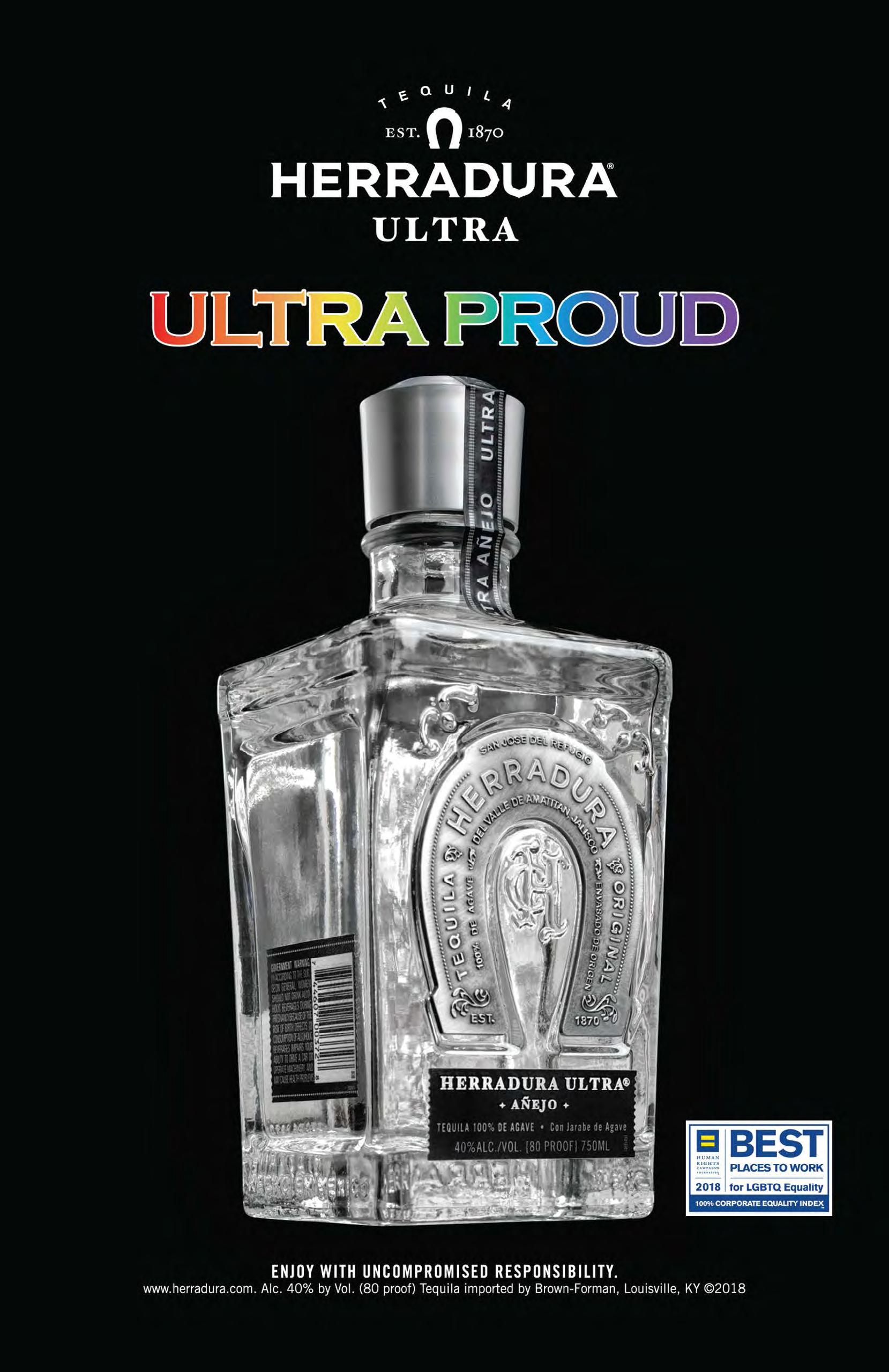


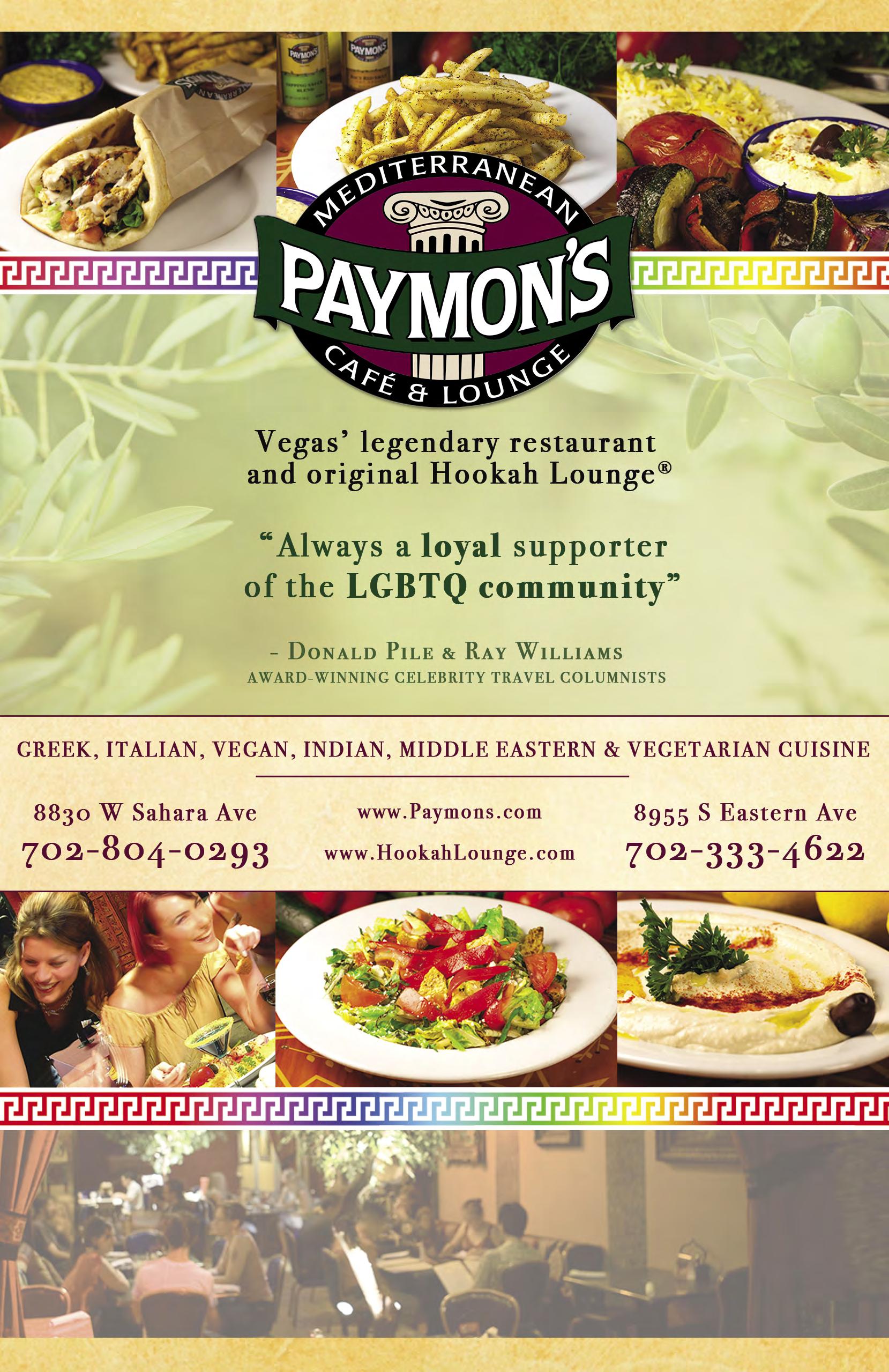
Sustainability is the new black!
MODUS VIVENDI proudly presents the Organic Line, showing men on duty. It’s time for 100% sustainable underwear, made of organic cotton which is part of our responsiblity. We couldn’t imagine a more perfect pairing than to have these undies on men in nature. Retro aesthetic is mixed with a great dose of sexiness yet a kind of pure and effortless masculinity.
Unique and specially made pieces, knitted according to GOTS (Global Organic Textile Standard 5.0) and under dyeing, washing procedure, complied with the OCS (Organic Content Standard 2.0). Raw materials from certified organic farms, no harmful substances, in accordance to OEKO-TEX STANDARD 100. Sustainability is here to stay and MODUS VIVENDI wants to be part of it.
Who said that men can’t do the laundry? Organic Line is here to prove that vintage style can become chic and sexy in the modern world of fashion. So choose your comfort and your favorite organic piece of underwear, between optic white, classic black and dark khaki green. It is time we keep an extra eye on the planet. This line comprises of thongs, briefs, boxers, low cut briefs, jockstraps, tanga briefs, sweatshirts & tanktops.

/ Models: Lucas Sabadini @lucsabadini & Pablo Garcilazo @capitanxpablo / Executive Production: Matias Santos / Videography: Estilo Wallo / Stylist: Martin Iglesias / Assistant: Marcelo Iglesias / Campaign: Organic Line / Location: Argentina
Photographer: Gastohn Barrios
(This fashion spread is part of a paid advertisment for Modus Vivendi)
 @gastohn.barrios
@gastohn.barrios
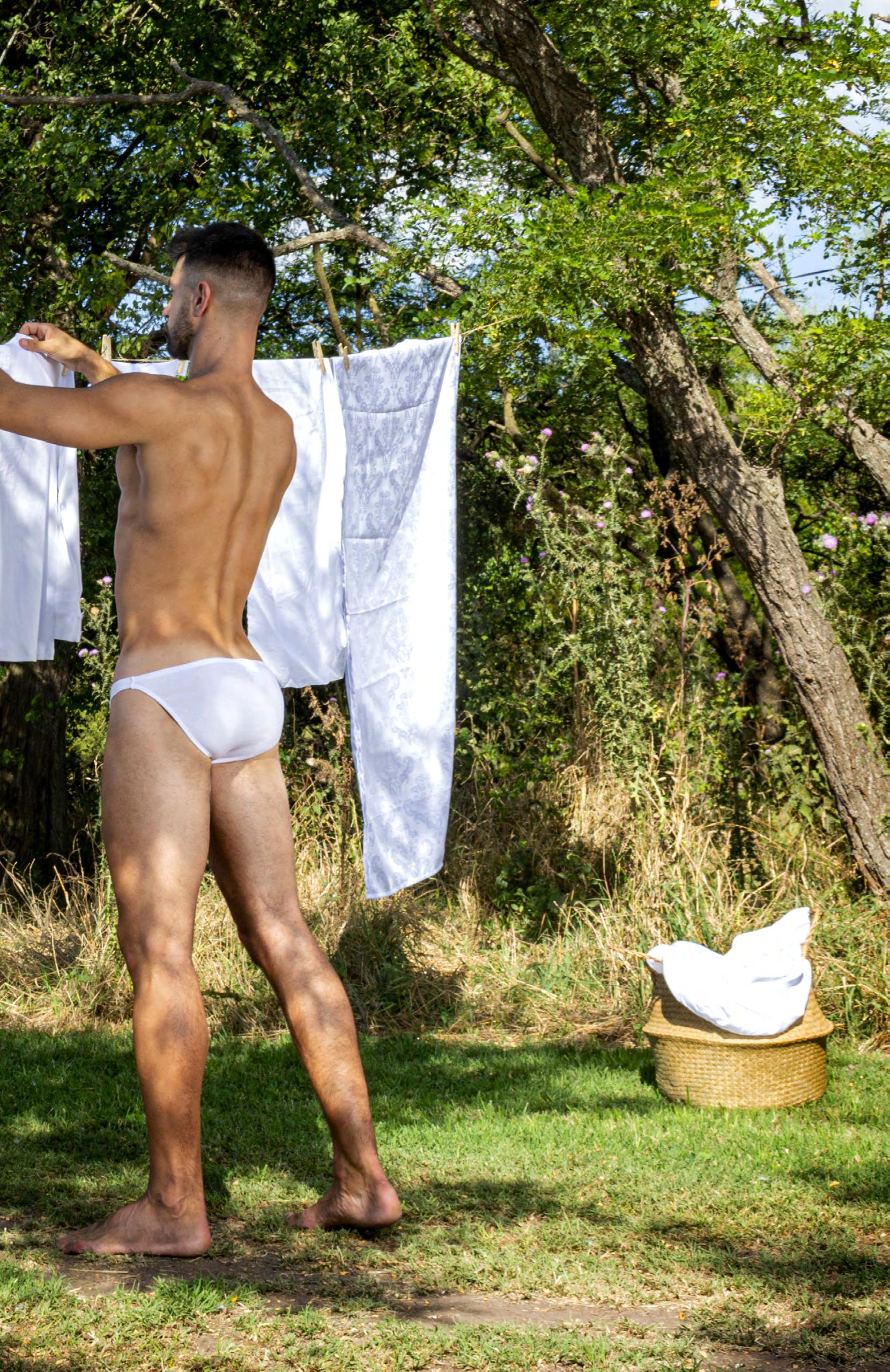



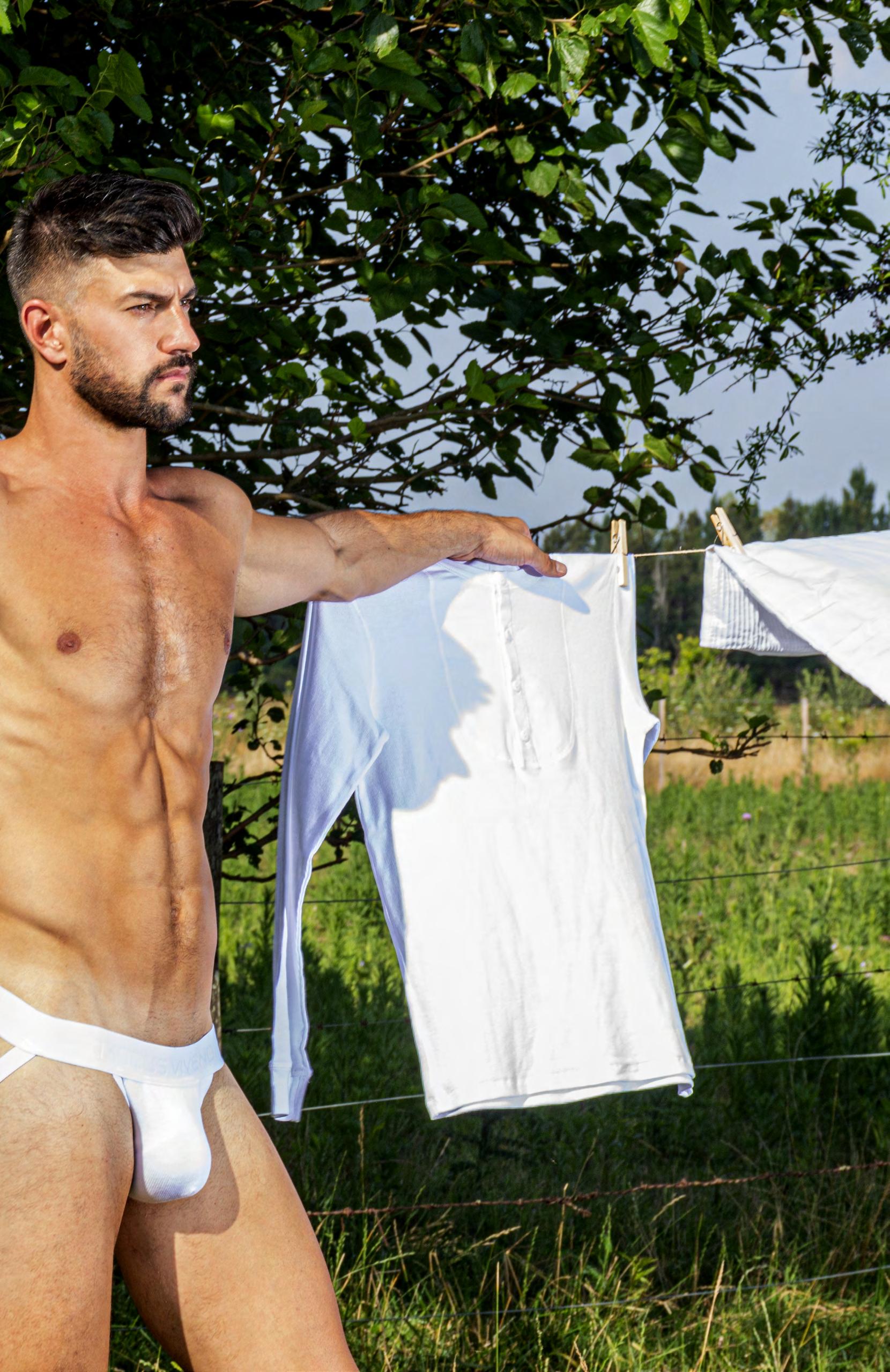 By: Terri Schlichenmeyer
By: Terri Schlichenmeyer
352 pages
Plates on one end, bowls on the other, glasses on top. It’s your turn to load the dishwasher tonight, but if you plead ignorance on how it’s done proYes or no: before there were rockets, there were no astronauts.
No, there wasn’t a need for them without a vehicle to go where people only dreamed of going. But yes – the word “astronaut” is more than a century old. Words and labels matter, as you’ll see in “Before We Were Trans” by Kit Heyam, and time is no excuse.
On the evening of June 8, 1847, John Sullivan was apprehended by gendarmes while weaving down a sidewalk in London. Sullivan was wearing a few women’s garments, and was carrying more, all of it stolen. Because it wasn’t the first time he was arrested, he spent ten years in an Australian penal colony for his crime.
“Is this story a part of trans history?” asks Heyam. There aren’t enough clues to determine Sullivan’s truth, not enough “evidence that their motivation for gender nonconformity was not external, but internal...” The answer’s complicated by the fact that “transgender” wasn’t even a word during Sullivan’s time. Presumably, Sullivan was white but even so, we must
also consider “that the way we experience and understand gender is inextricable from race.”
Surely, then, Njinga Mbande, the king of Ndongo, can be considered trans; they were assigned female at birth but presented themselves as king, as did Hatshepsut of Egypt. In precolonial Nigeria, the Ekwe people were gender-fluid, to ensure that there was a male in the household. Do political and social reasons fit the definition of trans?
In England, it was once believed that to dress like the opposite sex was to become that gender. In prison camps during World War I, men participated in plays to ease the boredom, and some ultimately lived permanently as women. Early history shows many examples of people living as “both.” Were they trans or not?

Says Heyam, “historians need to tread carefully and responsibly when we talk about the histories of people
who blur the boundaries between intersex and trans.” Moreover, can we allow that there’s probably some “overlap”?
The answer to that could depend on your current situation and mindset. Absolutely, author Kit Heyam dangles their own opinion throughout this book but “Before We Were Trans” doesn’t seem to solve the riddle.
Judging by the narrative here, though, it’s possible that it may be forever unsolvable. There’s a lot to untangle, often in the form of partiallyrecorded tales that hark back to antiquity and that are shaky with a lack of knowable details. Even Heyam seems to admit sometimes that their thoughts are best guesses. And yet, that tangle can leave readers with so much to think about, when it comes to gender. Ancient attitudes toward trans people – whether they were, indeed, trans or acted as such for reasons other than gender – absolutely serve as brain fodder.
This is not a quick-breezy read; in fact, there are times when you may feel as though you need a cheat-sheet to follow similar-sounding names. Even so, if you take your time with it, “Before We Were Trans” may put you over the moon.

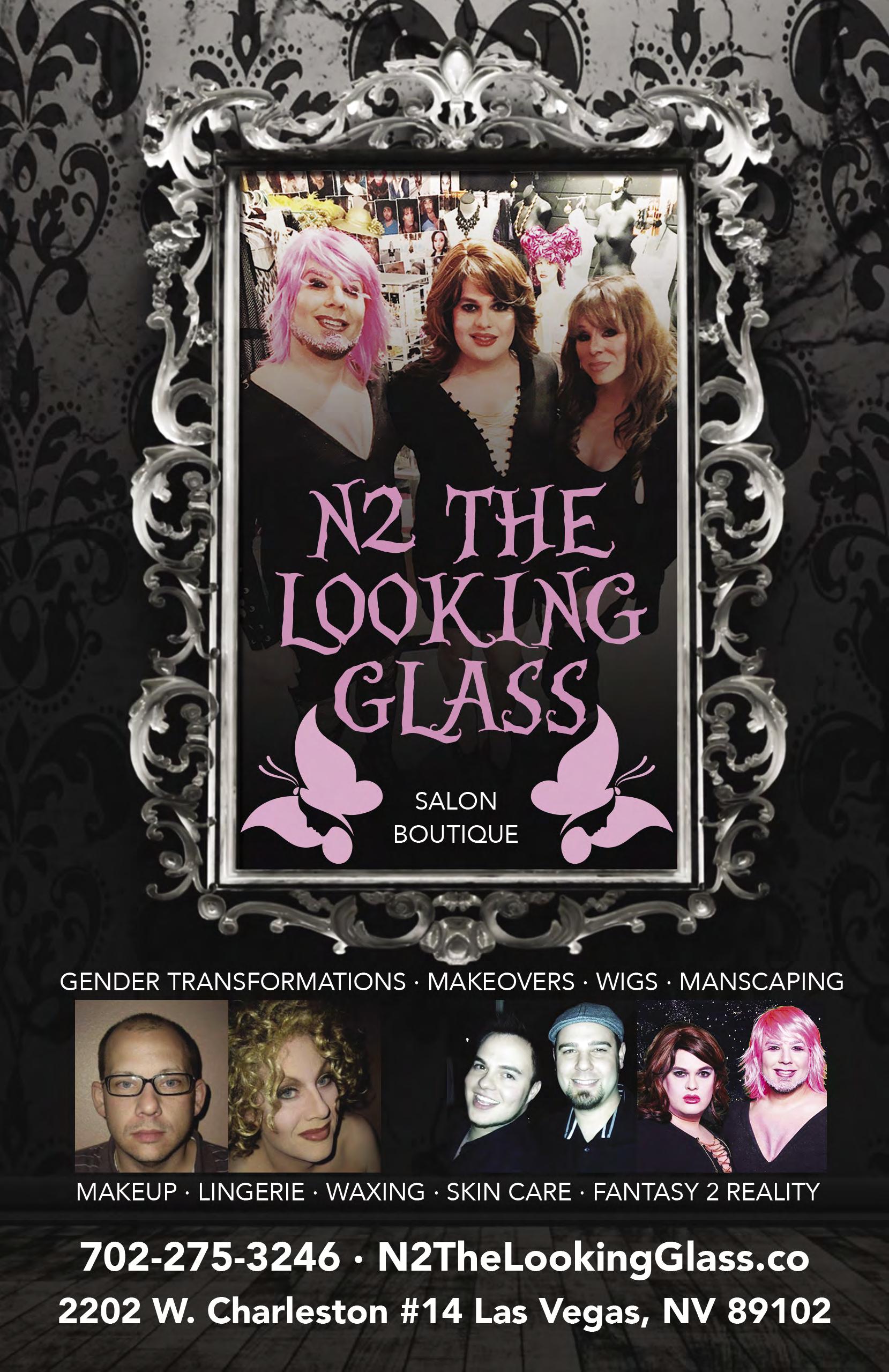
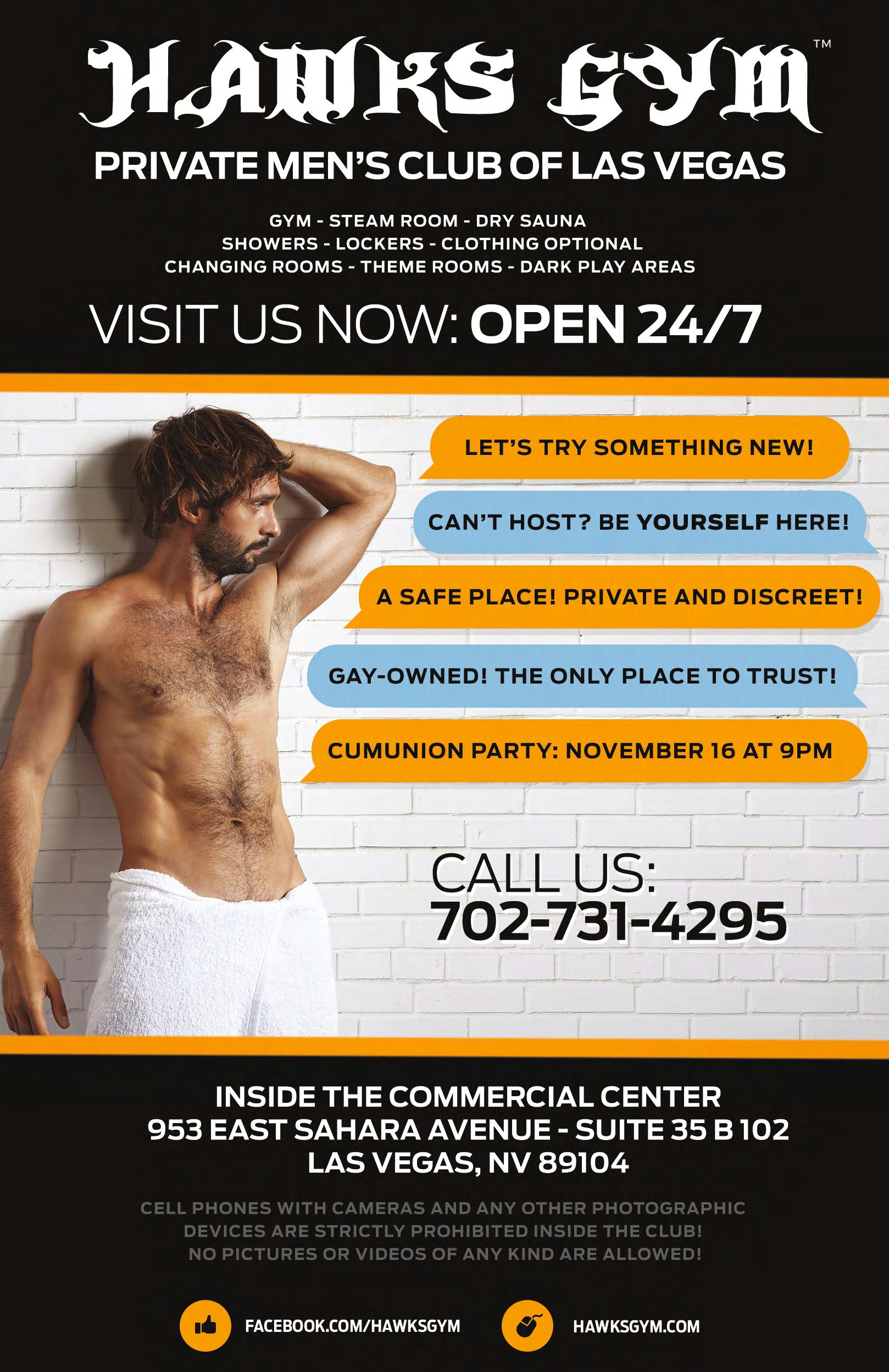
o a f u
S e D h u o d a v e u o B r u a c Queensridge
South Fort Apache Road
w
y a W n a p a C E
h u o S
y W n a p C
d a o R rr
v r A y
e e S e a T ka n ian Way
Roy Horn Way Spring Mountain Road
Sahara Avenue We r F st Twain Avenue ank Sina
M n THE PHOENIX

Desert Inn Road tr v A a D e e r S e r ive
Tropicana Avenue West Tropicana Avenu D n t a M n a e D e e v a e D Charleston Heights Chinatown CHARLIES
r a v e u o B D n a rive FLEX 15 15 215
Warm Spring


What are sexually transmitted diseases (STDs)?
STDs are diseases that are passed from one person to another through sexual contact. These include chlamydia, gonorrhea, genital herpes, human papillomavirus (HPV), syphilis, and HIV. Many of these STDs do not show symptoms for a long time. Even without symptoms, they can still be harmful and passed on during sex.
How are STDs spread?
You can get an STD by having vaginal, anal or oral sex with someone who has an STD. Anyone who is sexually active can get an STD. You don’t even have to “go all the way” (have anal or vaginal sex) to get an STD. This is because some STDs, like herpes and HPV, are spread by skinto-skin contact.
How common are STDs?
STDs are common, especially among young people. There are about 20 million new cases of STDs each year in the United States. About half of these infections are in people between the ages of 15 and 24. Young people are at greater risk of getting an STD for several reasons:
• Young women’s bodies are biologically more prone to STDs.
• Some young people do not get the recommended STD tests.
• Many young people are hesitant to talk openly and honestly with a doctor or nurse about their sex lives.
• Not having insurance or transportation can make it more difficult for young people to access STD testing.
• Some young people have more than one sex partner.
What can I do to protect myself?
• The surest way to protect yourself against STDs is to not have sex. That means not having any vaginal, anal, or oral sex (“abstinence”). There are many things to
consider before having sex. It’s okay to say “no” if you don’t want to have sex.
• If you do decide to have sex, you and your partner should get tested for STDs beforehand. Make sure that you and your partner use a condom from start to finish every time you have oral, anal, or vaginal sex. Know where to get condoms and how to use them correctly. It is not safe to stop using condoms unless you’ve both been tested for STDs, know your results, and are in a mutually monogamous relationship.
• Mutual monogamy means that you and your partner both agree to only have sexual contact with each other. This can help protect against STDs, as long as you’ve both been tested and know you’re STD-free.
• Before you have sex, talk with your partner about how you will prevent STDs and pregnancy. If you think you’re ready to have sex, you need to be ready to protect your body. You should also talk to your partner ahead of time about what you will and will not do sexually. Your partner should always respect your right to say no to anything that doesn’t feel right.
• Make sure you get the health care you need. Ask a doctor or nurse about STD testing and about vaccines against HPV and hepatitis B.
• Girls and young women may have extra needs to protect their reproductive health. Talk to your doctor or nurse about regular cervical cancer screening, and chlamydia and gonorrhea testing. You may also want to discuss unintended pregnancy and birth control.
• Avoid mixing alcohol and/or recreational drugs with sex. If you use alcohol and drugs, you are more likely to take risks, like not using a condom or having sex with someone you normally wouldn’t have sex with.
If you choose to have sex, know how to protect yourself against sexually transmitted diseases (STDs).
If I get an STD, how will I know?
What are sexually transmitted diseases (STDs)?
STDs are diseases that are passed from one person to another through sexual contact. These include chlamydia, gonorrhea, genital herpes, human papillomavirus (HPV), syphilis, and HIV. Many of these STDs do not show symptoms for a long time. Even without symptoms, they can still be harmful and passed on during sex.
Many STDs don’t cause any symptoms that you would notice. The only way to know for sure if you have an STD is to get tested. You can get an STD from having sex with someone who has no symptoms. Just like you, that person might not even know he or she has an STD.
tell your partner before you have sex. Although it may be uncomfortable to talk about your STD, open and honest conversation can help your partner make informed decisions to protect his or her health.

If I have questions, who can answer them?
• If you do decide to have sex, you and your partner should get tested for STDs beforehand. Make sure that you and your partner use a condom from start to finish every time you have oral, anal, or vaginal sex. Know where to get condoms and how to use them correctly. It is not safe to stop using condoms unless you’ve both been tested for STDs, know your results, and are in a mutually monogamous relationship.
Where can I get tested?
You can get an STD by having vaginal, anal or oral sex with someone who has an STD. Anyone who is sexually active can get an STD. You don’t even have to “go all the way” (have anal or vaginal sex) to get an STD. This is because some STDs, like herpes and HPV, are spread by skin-to-skin contact.
There are places that offer teen-friendly, confidential, and free STD tests. This means that no one has to find out you’ve been tested. Visit GetTested to find an STD testing location near you.
If you have questions, talk to a parent or other trusted adult. Don’t be afraid to be open and honest with them about your concerns. If you’re ever confused or need advice, they’re the first place to start. After all, they were young once, too.
• Mutual monogamy means that you and your partner both agree to only have sexual contact with each other. This can help protect against STDs, as long as you’ve both been tested and know you’re STD-free.
STDs are common, especially among young people. There are about 20 million new cases of STDs each year in the United States. About half of these infections are in people between the ages of 15 and 24. Young people are at greater risk of getting an STD for several reasons:

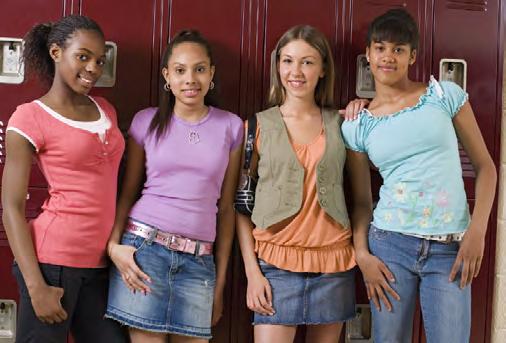
Your doctor can prescribe medicine to cure some STDs, like chlamydia and gonorrhea. Other STDs, like herpes, can’t be cured, but you can take medicine to help with the symptoms.
Talking about sex with a parent or another adult doesn’t need to be a one-time conversation. It’s best to leave the door open for conversations in the future.
• Before you have sex, talk with your partner about how you will prevent STDs and pregnancy. If you think you’re ready to have sex, you need to be ready to protect your body. You should also talk to your partner ahead of time about what you will and will not do sexually. Your partner should always respect your right to say no to anything that doesn’t feel right.
• Young women’s bodies are biologically more prone to STDs.
• Some young people do not get the recommended STD tests.
It’s also important to talk honestly with a doctor or nurse. Ask which STD tests and vaccines they recommend for you.
• Make sure you get the health care you need. Ask a doctor or nurse about STD testing and about vaccines against HPV and hepatitis B.
• Many young people are hesitant to talk openly and honestly with a doctor or nurse about their sex lives.
• Not having insurance or transportation can make it more difficult for young people to access STD testing.
• Some young people have more than one sex partner
What can I do to protect myself?
If you are ever treated for an STD, be sure to finish all of your medicine, even if you feel better before you finish it all. Ask the doctor or nurse about testing and treatment for your partner, too. You and your partner should avoid having sex until you’ve both been treated. Otherwise, you may continue to pass the STD back and forth. It is possible to get an STD again (after you’ve been treated), if you have sex with someone who has an STD.
Where can I get more information? CDC
• Girls and young women may have extra needs to protect their reproductive health. Talk to your doctor or nurse about regular cervical cancer screening, and chlamydia and gonorrhea testing. You may also want to discuss unintended pregnancy and birth control.
• Avoid mixing alcohol and/or recreational drugs with sex. If you use alcohol and drugs, you are more likely to take risks, like not using a condom or having sex with someone you normally wouldn’t have sex with.
What happens if I don’t treat an STD?
• The surest way to protect yourself against STDs is to not have sex. That means not having any vaginal, anal, or oral sex (“abstinence”). There are many things to consider before having sex. It’s okay to say “no” if you don’t want to have sex.
Some curable STDs can be dangerous if they aren’t treated. For example, if left untreated, chlamydia and gonorrhea can make it difficult— or even impossible—for a woman to get pregnant. You also increase your chances of getting HIV if you have an untreated STD. Some STDs, like HIV, can be fatal if left untreated.
What if my partner or I have an incurable STD?
Some STDs, like herpes and HIV, aren’t curable, but a doctor can prescribe medicine to treat the symptoms.
If you are living with an STD, it’s important to
How You Can Prevent Sexually Transmitted Diseases www.cdc.gov/std/prevention/ Teen Pregnancy https://www.cdc.gov/ teenpregnancy/teens/ index.htm
CDC-INFO Contact Center 1-800-CDC-INFO (1-800-232-4636) Contact wwwn.cdc.gov/dcs/ ContactUs/Form HealthFinder.gov STD Testing: Conversation Starters https://healthfinder.gov/ HealthTopics/ Category/health-conditions-and-diseases/ hiv-and-other-stds/std-testing-conversationstarters
American Sexual Health Association Sexual Health and You http://www.iwannaknow.org/ teens/ sexualhealth.html
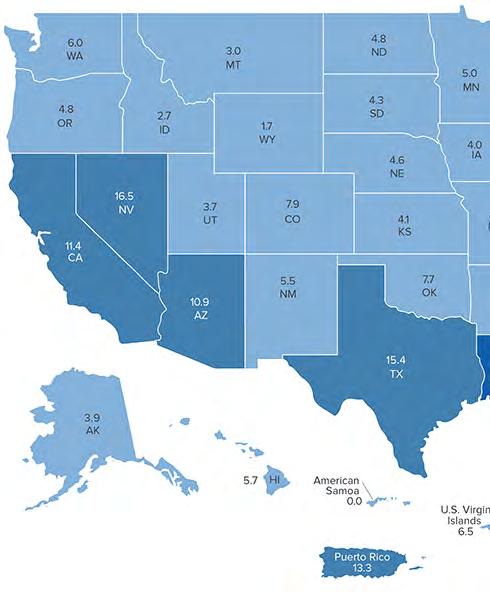
HIV is a virus that attacks the body’s immune system.It is usually spread by anal or vaginal sex or sharing syringes with a person who has HIV. The only way to know you have HIV is to be tested. Everyone aged 13-64 should be tested at least once, and people at high risk should be tested at least once a year. Ask your doctor, or visit gettested.cdc.gov to find a testing site. Without treatment, HIV can make a person very sick or may even cause death. If you have HIV, start treatment as soon as possible to stay healthy and help protect your partners. Nevada is the fifth highest state in the


ADDRESS 1: 280 S. Decatur Blvd. Las Vegas, NV 89107
HOURS: Monday – Friday 8 a.m. – 4:30 p.m. (closed 12 – 1 p.m.)
ADDRESS 2: 4201 W. Washington Ave. Las Vegas, NV 89107
HOURS: Monday – Wednesday 9 a.m. – 2:00 p.m.
Clients seeking treatment at the Sexual Health Clinic should know that the Health District is required to report cases involving assault or abuse to appropriate agencies.
HIV Testing: HIV antibody testing is a simple blood test performed by a trained professional. This procedure is strictly confidential. Counseling regarding the meaning of the test and its result take place before the actual testing to ensure you understand HIV infection and the testing procedure.
HIV testing procedure: Blood Test – Blood drawn from a vein is tested for HIV antibodies. This test is available at the Sexual Health Clinic (280 S. Decatur Blvd. Las Vegas, NV 89107 ), Monday through Friday 8 a.m. to 4 p.m. Please call (702) 759-0702 for more information.
If you have questions, contact the clinic by phone at (702) 759-0702 or by email at SexualHealth@snhd.org






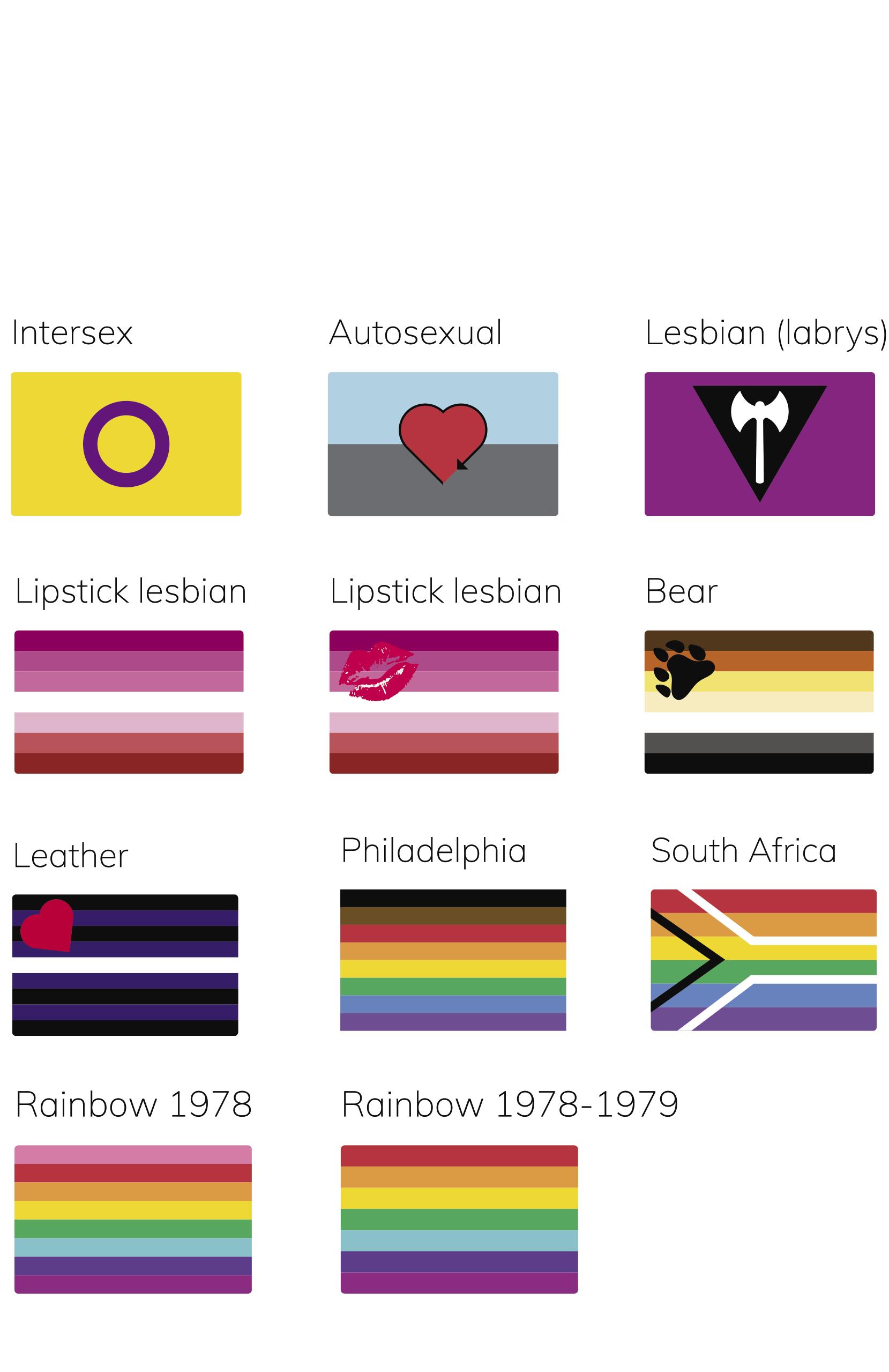













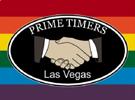







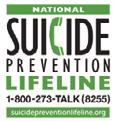





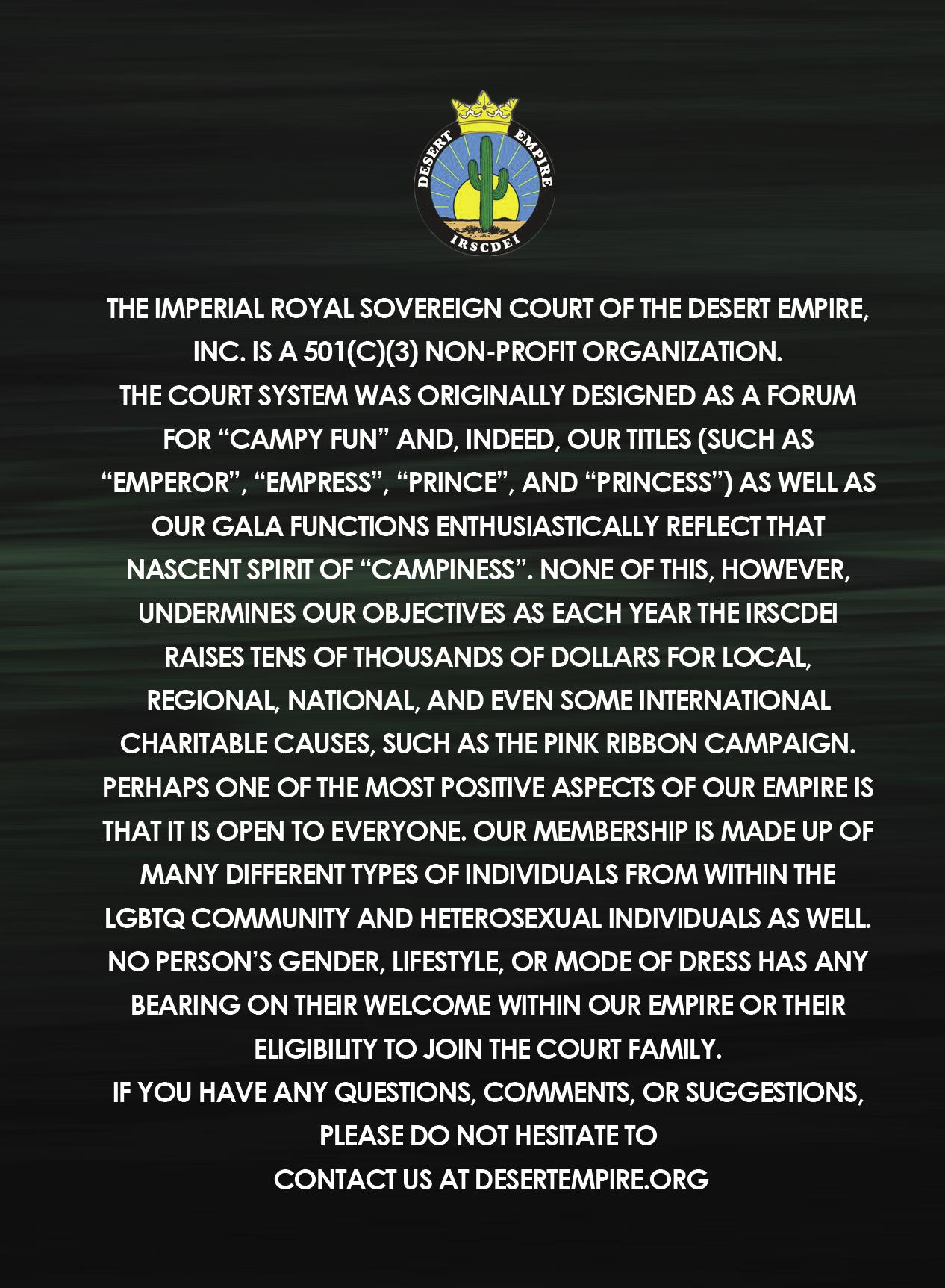




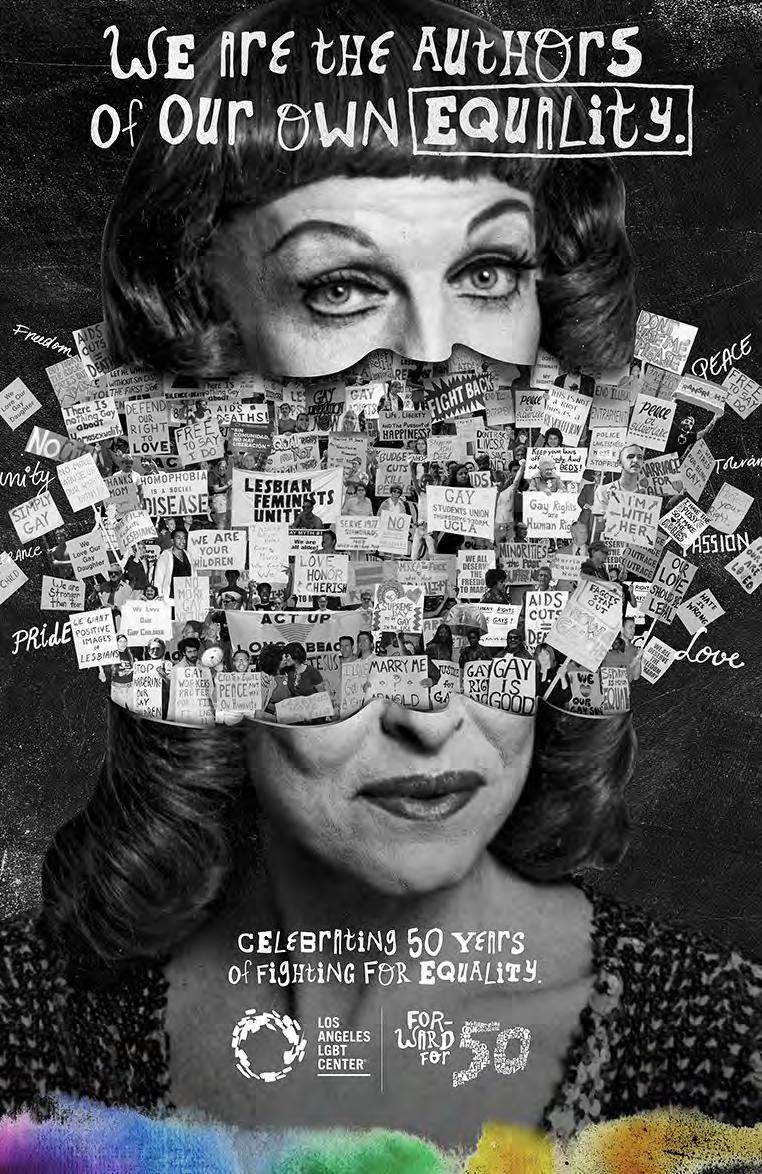
www.afanlv.org Aid for AIDS of Nevada (AFAN) provides support and advocacy for adults and children living with and affected by HIV/AIDS in Southern Nevada. AFAN works to reduce HIV infection through prevention and education to eliminate fear, prejudice and the stigma associated with the disease.


